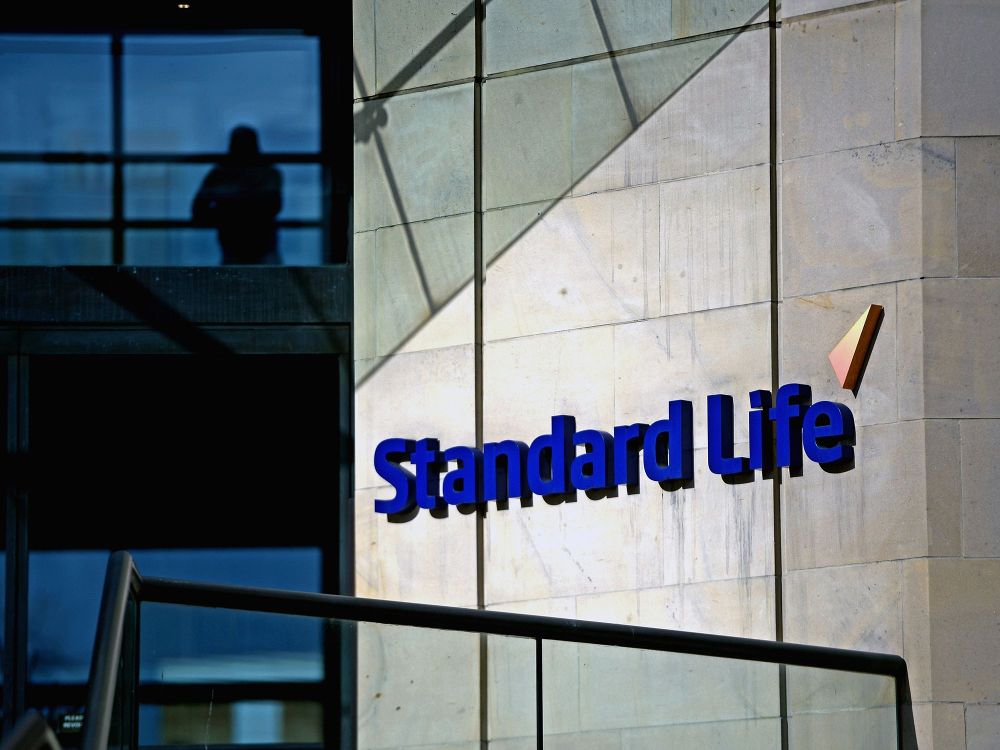‘#Corporatelife’, an emerging viral trend on social media, is not just influencing office aesthetics, but also the future financial security of an entire generation, research from Standard Life has revealed.
The hashtag #corporatelife, now dominating platforms like TikTok and Instagram, sees young professionals glamorising the modern workplace, from curated desk setups to rooftop happy hours.
According to research from Standard Life, part of Phoenix Group, the career choices many Gen Z workers are making today – whether it’s “locking in” to fast-track promotions or “unbossing” to preserve work-life balance – could significantly alter their retirement savings.
The study offered stark projections: a 22-year-old starting on a £25,000 salary and contributing the minimum auto-enrolment pension (8%) could retire at 68 with £210,000, assuming modest salary growth (3.5% annually).
Meanwhile, accelerated career growth (5% salary increases) could raise that to £290,000.
But if early retirement occurs at 58, that figure could plummet to £176,000 – even with higher salary growth.
The findings come as a growing number of Gen Z workers question traditional career paths.
Recruitment firm Robert Walters found that more than half (52%) are uninterested in middle management, with 16% actively avoiding leadership roles.
Dean Butler, managing director for retail direct at Standard Life, said: “Scrolling through #corporatelife, you’d think the office was all rooftop drinks, matcha runs and oddly satisfying spreadsheets.
“Behind the viral posts, there’s a real conversation happening about how younger generations are adapting to the post-pandemic workplace as some employers reduce working from home, and how they are balancing career ambitions with a desire to prioritise personal health and wellbeing.
“It might be a long way off, but different approaches have the potential to impact Gen Z’s retirement savings, too.”
He added: “Some people are fully ‘locked in’, focusing on the task at hand with ambition for quick salary growth and promotions.
“Others are putting emphasis on their life outside of work and perhaps avoiding management responsibilities or additional tasks.
“Neither approach is right or wrong and either could end up with a fulfilling career and a decent pension – it’s worth noting that if someone ‘locks in’ too hard now and burns themselves out by the age of 40, their long-term financial prospects will take a hit.
“However, choices made now can have a surprisingly significant impact further down the line.
“The ideal scenario must be to find a work/life balance that works for you while keeping an eye on your financial future.”

















